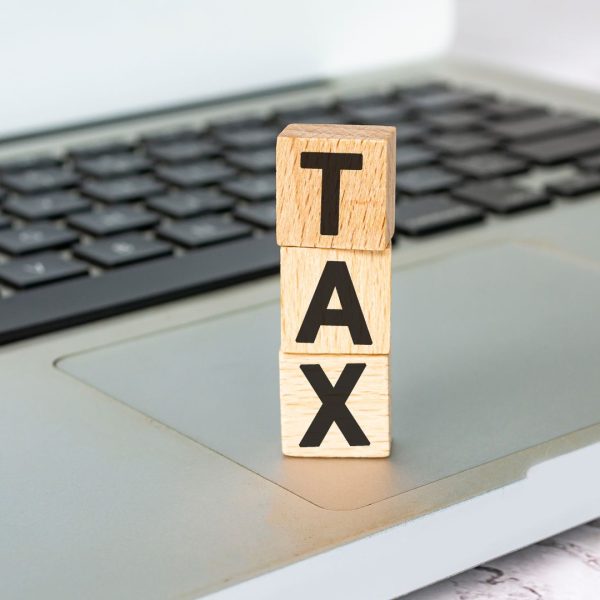Article
The taxation life of an influencer; free gifts and fancy hotel stays, but at what cost?
Article
The taxation life of an influencer; free gifts and fancy hotel stays, but at what cost?
April 3, 2025
4 minute read
We’ve all seen the posts: influencers lounging at luxury hotels, sporting the latest fashion, or unboxing the trendiest tech gadgets – all in exchange for a quick social media shoutout. It looks like a dream come true, doesn’t it? A glamorous lifestyle where you get all the perks without paying for them, right? Well not […]

We’ve all seen the posts: influencers lounging at luxury hotels, sporting the latest fashion, or unboxing the trendiest tech gadgets – all in exchange for a quick social media shoutout. It looks like a dream come true, doesn’t it? A glamorous lifestyle where you get all the perks without paying for them, right? Well not exactly…
Roseanne Madon, Tax Trainee explains.
Behind the influencer glam lies a less-than-glamorous truth: taxes. Those free gifts, hotel stays and other lavish gifts, otherwise known as payments in kind, might not cost them cash up front, but HMRC will want its share.
If someone receives goods or services in exchange to promote and endorse a brand or product we must count this as income. Let’s take a look at an example:
Christine, a popular TikTok content creator receives a pair of Jimmy Choo shoes and a stay at a 5-star hotel in the UK in return for online endorsement. Once the shoes and hotel stay have been accepted by Christine, both are taxable. The shoes and the stay at the hotel would need to be valued and reported on the tax return accordingly as income.
As Christine is a popular TikToker, she is likely to receive multiple endorsements throughout the tax year. This would suggest she is engaging in business-like activities with the intention of making a profit. It would be correct to assume that Christine is a trader. However, having a profit-seeking motive is not conclusive. In this regard, HMRC offers guidance to determine whether an individual is a trader or not by using a test known as the ‘Badges of Trade’. Detailed information regarding this is available by following the link: BIM20205 – Meaning of trade: badges of trade: summary – HMRC internal manual – GOV.UK
On the other hand, some content creators may be paying tax on their social media earnings, but consider themselves to be hobbyist rather than a trader. Individuals with an online presence as a hobby may wish to claim the £1,000 trading allowance. Their income and expenditure is less likely to exceed £1,000. The trading allowance would therefore cover the amounts received and incurred.
For example, Bob has an online presence on Instagram. ABC Dentistry Ltd contacts Bob asking him to review their whitening toothpaste and in return, Bob enjoys free Invisalign services from ABC Dentistry Ltd, usually at a cost of £800 per customer. This is a one-off transaction between both parties and the trading allowance of £1,000 covers the amount of £800. Therefore, Bob would report this income on his tax return, but not have to pay tax on this amount.
Payments in kind are often received by influencers and content creators and although this is for the use of goods or services rather than a cash payment, it is still reportable and often taxable. Freebies and samples received are not necessarily tax-free!
Here are a few other examples of reportable income someone may receive:
- Brand sponsorship to promote a product on their social media page in the form of posts, stories or collaborations
- Public appearances and attending events which are publicised in the news or online platforms
- Affiliate Marketing
- The sale of digital products from well-known companies
- Advertising on online platforms such as YouTube, Instagram or TikTok
With social media and content creation becoming increasingly popular in a technologically proficient world, are we aware of what might need to be reported as taxable income?
To conclude, the earning potential for influencers has grown significantly in recent years, making it important to understand how this income should be taxed. For any queries and advice please contact us via email, info@shawgibbs.com or call us on 01865 292 200.
Related content
Need expert advice?
Speak to an expert for advice on
+44-1865 292200 or get in touch online to find out how Shaw Gibbs can help you
Email
info@shawgibbs.com
Need expert advice?
Speak to an expert for advice on
+44-1865 292200 or get in touch online to find out how Shaw Gibbs can help you
Email
info@shawgibbs.com




